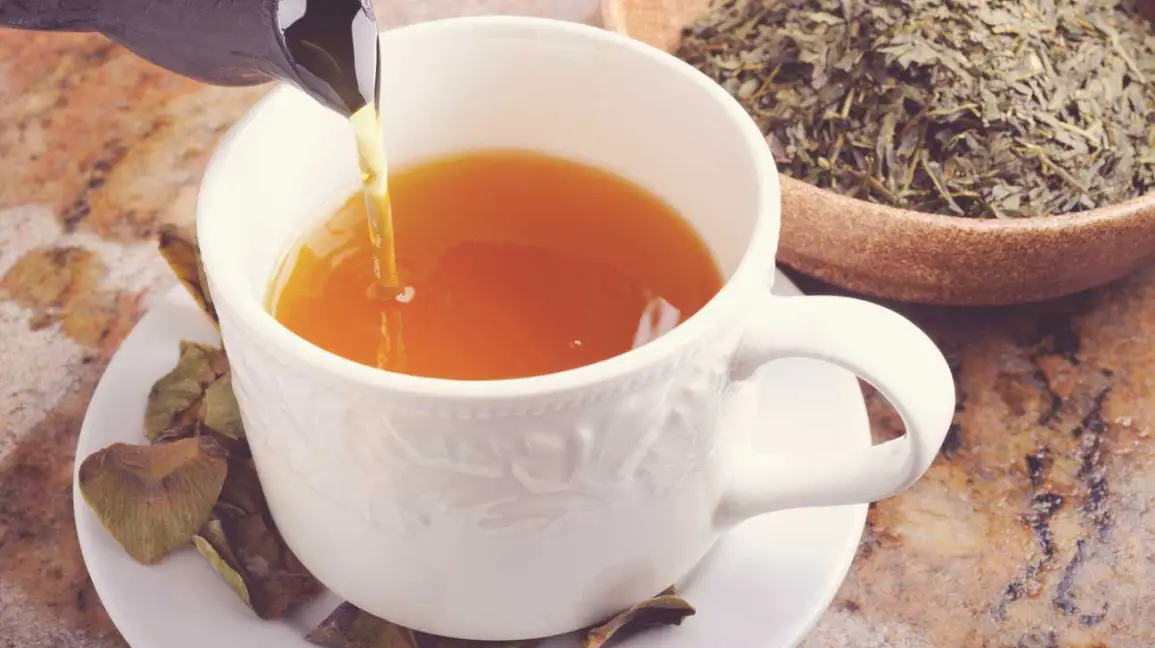Green tea is now more than just a drink: It’s also a popular ingredient in supplements and skin products. But before adding it to your diet, check with your doctor to ensure that it’s safe for you.
Brewed green tea contains fewer calories than most other beverages, with less than 3 calories in 8 fluid ounces. The beverage offers a punch of powerful polyphenol antioxidants.
1. Lowers Risk of Cancer
Studies in animals and test-tubes have shown that EGCG, an antioxidant found in green tea, can fight cancer, kill bacteria, and calm the brain. But epidemiological studies haven’t yet shown a decrease in cancer risk in people who drink green tea.
The limited number of epidemiological studies available suggests that more research is needed to determine whether or not green tea reduces your risk for certain types of cancer. For example, one study found that a woman’s risk of breast cancer was halved if she drank more than 85 milliliters (about 3 tablespoons) of green tea per day.
Women in the study who drank more green tea also had lower intakes of other unhealthy things, such as red meat, coffee, and alcohol. But the researchers weren’t able to control for all of the confounding factors that could have affected the results. Other studies have reported inverse associations between green tea consumption and the risk of cancers of the bladder, colorectum, and pancreas. However, the results from these studies have been inconsistent.
2. Reduces Risk of Heart Disease
The antioxidants in green tea help to reduce oxidative stress in the body, which contributes to certain diseases and conditions. They also block the absorption of cholesterol and triglycerides, which reduces overall blood cholesterol levels.
A recent study found that people who drank green tea regularly had a lower risk of heart disease than non-tea drinkers. Researchers believe this is due to the polyphenols in tea, which help prevent oxidative damage and may help to improve cardiovascular health.
Green tea is made from the leaves of the Camellia sinensis plant. It is unfermented and contains higher concentrations of antioxidants than black or oolong teas. It is believed that the polyphenols in green tea protect against cancer, heart disease and type 2 diabetes.
However, drinking too much green tea can cause stomach irritation in some people because of the caffeine content. It is best to drink green tea in moderation and avoid consuming it late in the day as this may interfere with sleep. In addition, the caffeine in tea may interact with some medications.
3. Lowers Risk of Type 2 Diabetes
The polyphenols in green tea can increase insulin sensitivity and improve glycemic control, a study in diabetic patients found. The results suggest that people with pre-diabetes or type 2 diabetes should consider drinking green tea as part of their daily regimen. But drink it in moderation — 10 cups a day can cause problems because of the caffeine content, Schleiger says. She suggests checking your blood sugar before and after you have a cup of tea. You should also check your blood pressure to make sure it doesn’t go up too high.
Green tea also has the amino acid L-theanine, which can have a calming effect and lower your stress levels, Smithson says. Stress is another risk factor for type 2 diabetes, so lowering stress can help prevent it.
A recent study in humans found that those who drank black and green tea were half as likely to develop pancreatic cancer as non-drinkers, although the researchers couldn’t be certain that it was the tea drinking that lowered the risk. However, the fact that the results were consistent despite other factors suggests it is.
4. Boosts Immunity
Green tea is considered to be one of the healthiest beverages on earth because it contains an extensive amount of vitamins and minerals. In fact, the leaves are not oxidized before drying, which means they retain more antioxidants and chlorophyll than other tea types.
Despite the fact that most studies on tea and immune system function are either don’t use human participants or have small sample sizes, there is some evidence that green tea can help boost immunity. In particular, the polyphenol EGCG is antibacterial, antiviral and antioxidative. It changes the structure of viruses, which prevents them from replicating. Test-tube studies also show that EGCG can improve autoimmune disorders by encouraging self-tolerance and inhibiting autoantigen-induced inflammatory attack and enhancing tissue repair.
Moreover, it helps soothe gastrointestinal issues, such as stomach aches and bloating. A study published in Microbiology & Immunology showed that drinking green tea increases the number of good bacteria in your colon, which acts as a prebiotic to promote healthy bowels. It also increases your energy and improves memory recall. Moreover, regular tea consumption can help you stay in better shape by preventing weight gain and regulating blood sugar levels.
5. Reduces Anxiety
Anxiety is a common condition that can affect everyone at some point in their lives. However, when anxiety becomes a chronic issue that impacts your daily life, it is time to seek professional help.
Among many other benefits, green tea is great for anxiety relief because it contains L theanine, an amino acid that helps reduce stress and boosts mental clarity. Moreover, it also has a moderate amount of caffeine that stimulates the brain but also calms and soothes the body.
Many people find that a cup of green tea before bed helps them to feel both relaxed and ready to sleep. This is most likely because of the amino acid L-theanine, which supports dopamine, serotonin and GABA production in the brain, reducing stress levels and promoting feelings of calmness.
For the best effects, drink green tea with low caffeine content like matcha. This type of tea is made with whole leaves from the Camellia sinensis plant that have not been cut or torn, unlike other teas. The leaves are ground by hand into a fine powder for the Japanese tea ceremony.

